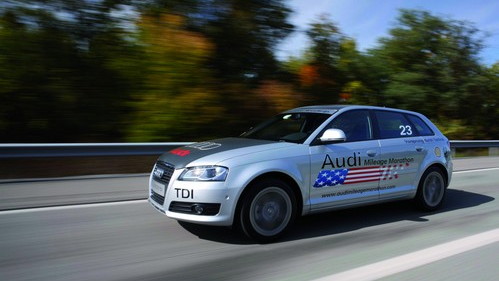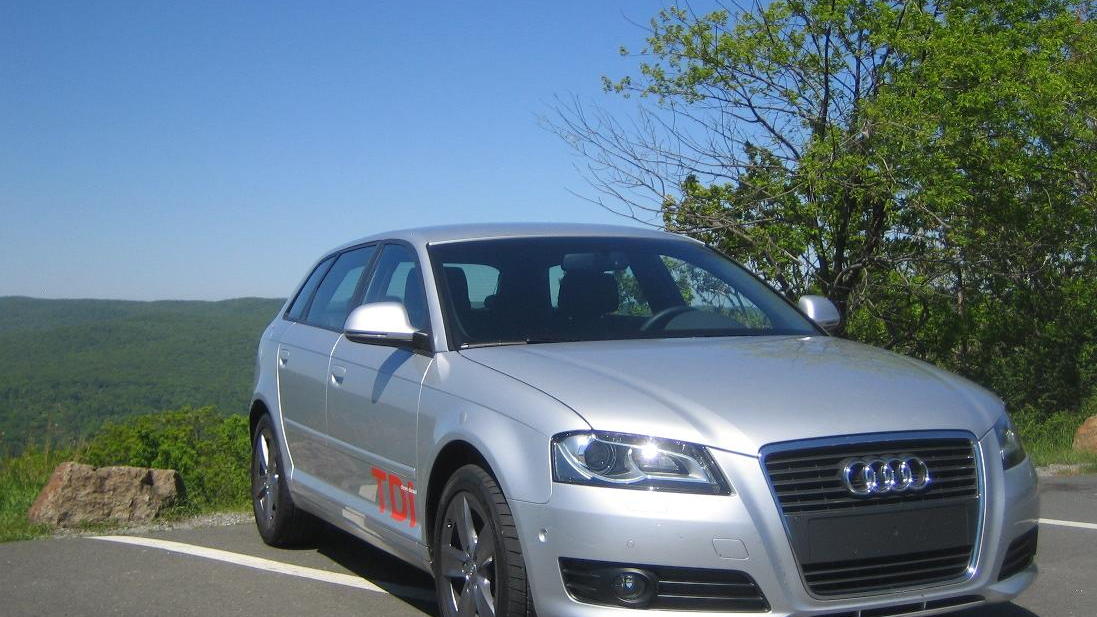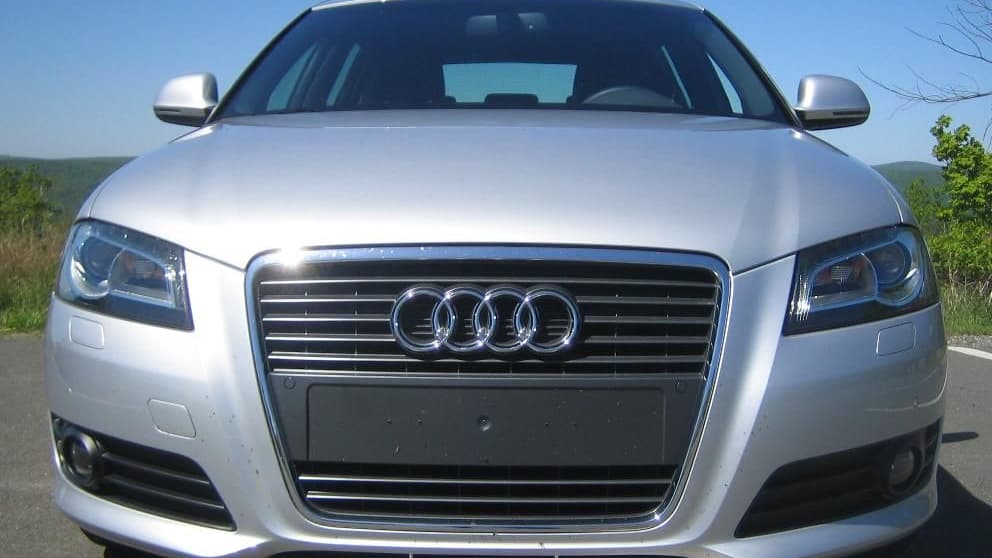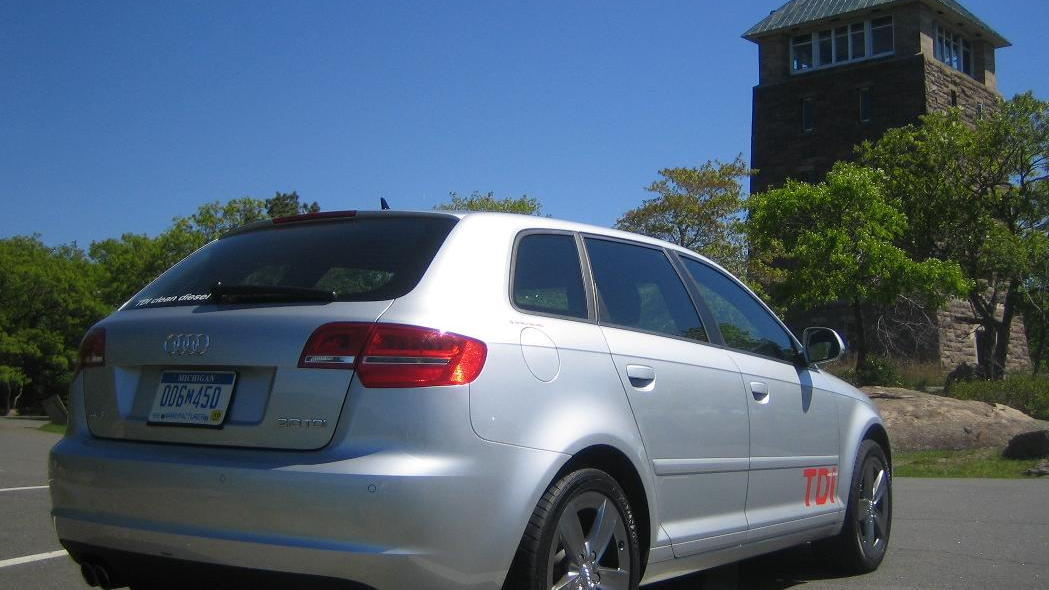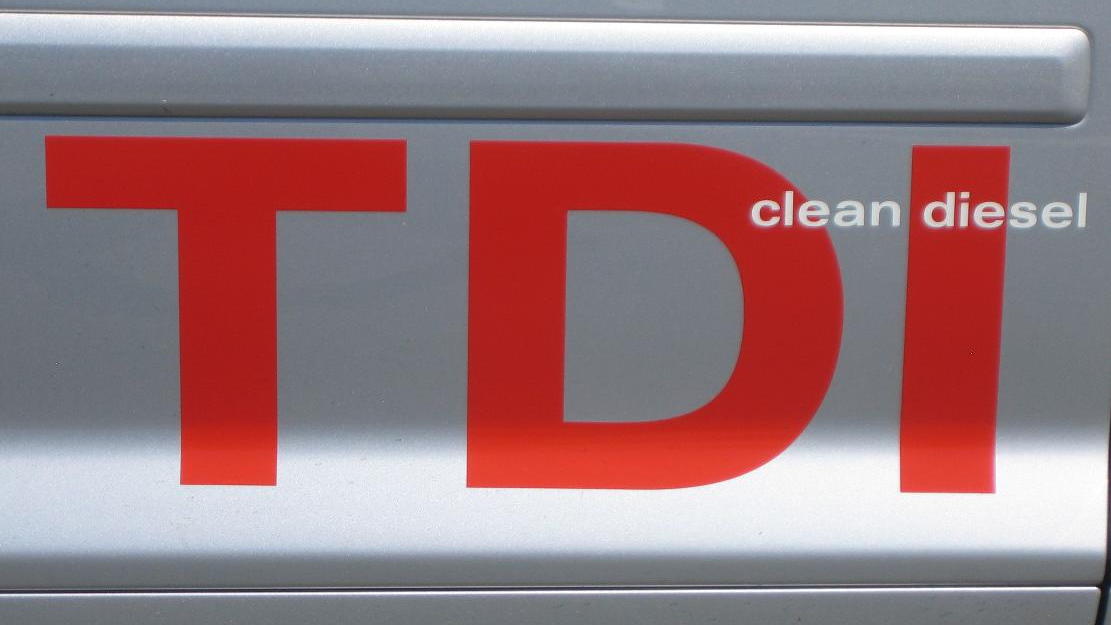Diesel engines have long gotten a bad rap in the U.S., but that's a tired story. We all know it, some of us even believe it, but so far not much of the U.S. populace has been exposed to a proper modern diesel engine in a passenger car. That's no fault of Audi's, though, as they've been at it for 20 years now, and they're one of the few carmakers in the U.S. offering diesels in a luxury vehicle--and luxury cars are arguably the platform best suited to changing hearts and minds. It's also worth wondering where it's all going over the next 20 years as diesel ramps back up in the U.S.
Mercedes-Benz offered diesels for a long time, and has recently returned to the field in the U.S. with the ML350, R350 and GL350 BlueTec vehicles. An E250 BlueTec E-Class sedan is also expected next year. That puts them in the lead among luxury carmakers in the U.S. Even BMW has a plan to bring four-cylinder diesels to complement its 335d and X5 xDrive35d models currently on sale.
Audi is close behind, however, with the A3 TDI and Q7 TDI already on the market. Despite their short-lived patch of recent history in the U.S., Audi has 20 years of experience building turbodiesels around the world, starting in 1989 with the Audi 100 2.5 TDI, the first Audi with a turbocharged, direct-injection diesel engine.
Since that first car, over 5 million Audis have been born as TDIs, the powerplant evolving through several iterations along the way. First was a five-cylinder 120-horsepower/195-pound-feet 2.4-liter engine, later upgraded to 140 horsepower and 214 pound-feet of torque. The Audi 80's little 1.9-liter diesel was rated at just 90 horsepower but 134 pound-feet of torque, upgraded in 1995 to 110 horsepower thanks to a new turbo with Variable Turbine Geometry (VTG) to help improve low-speed boost.
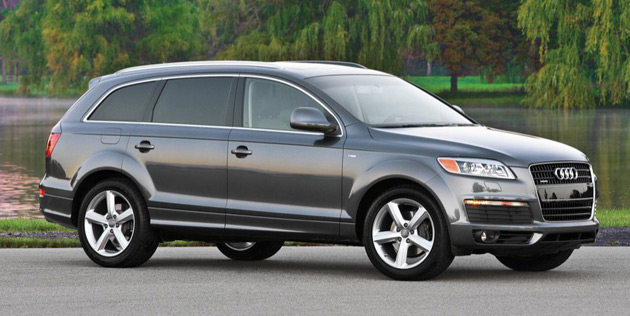
The American and Japanese competition face delays as the Germans have the segment to themselves
Other major milestones include 1997's introduction of Audi's first V-6 TDI engine in a passenger car, a 3.3-liter engine that led into today's more modern engines, including the 2.0 TDI found in the Audi A3 in the U.S. but also in the TT Coupe in Europe, the 3.0 TDI V-6 engine that powers the Q7, and of course, the development of Audi's racing diesels.
The V-12 TDI engine in the Audi R10 race car led Audi to three straight dominant performances at the Le Mans 24 Hours. Since that car's phase-out due to rules changes, the R15 V-10 TDI has shown strong performances as well. A passenger car 6.0-liter V-12 TDI based on the racing V-12's technology makes the foreign-market Audi Q7 V-12 TDI the world's most powerful diesel production car at 500 horsepower and 737 pound-feet of torque.
Cleaning up diesel emissions is almost as important as cleaning up their image with the public, and Audi's working on that as well, with the 3.0 TDI already delivering emissions that meet all U.S. rules and the Euro 6 limits that go into effect in 2014.
Still, we in the U.S. have a long way to go before we see widespread acceptance and availability of diesel engines, though as usual the high-performance and luxury carmakers, like Audi, Mercedes-Benz, BMW and Porsche, will likely blaze the path forward.
You might notice a lack of Japanese or American carmakers on that list. That's because the Japanese luxury carmakers have largely settled their bids on hybrids, especially Lexus, and the Americans are focusing mostly on smaller-displacement, turbocharged gasoline direct-injection engines. The technology battle is just beginning to heat up as all three sides deliver mature, robust solutions to the power/performance/economy/emissions problem that faces the industry.
This all sets the stage for an exciting next 20 years for all manufacturers, whether it's diesel, hybrids, electrics or turbo gasoline engines. And we, the enthusiasts and car-buyers, will help shape that future with our decisions.
What would you choose? Or rather, what will you choose? Will your next luxury or performance car be powered by diesel, a turbo gas engine, a hybrid drive system, or good ol' fashioned naturally aspirated dino juice? Let us know in the comments below.
[Audi]
